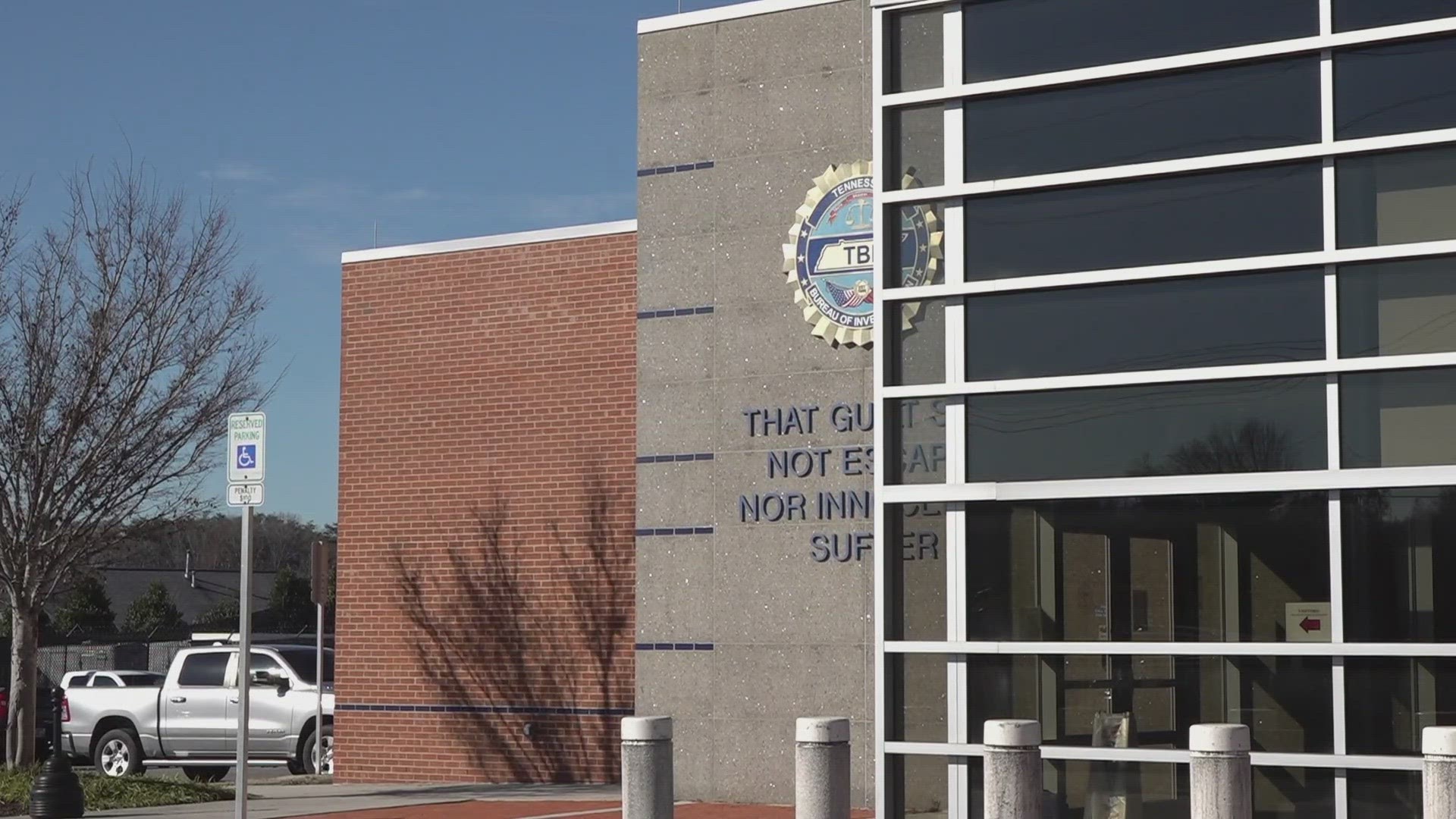KNOXVILLE, Tenn. — New technology is available for law enforcement but it comes at a high price; forensic genetic genealogy is not a cheap process.
This is something that the Tennessee Bureau of Investigation does not available in their labs, according to Special Agent Brandon Elkins.
Investigators often have to reach out to or find laboratories across the country, some of them private laboratories.
"Last year, we received funding from the governor and General Assembly in the amount of about $100,000, in hopes of us being able to utilize forensic genetic genealogy," Elkins said.
This is the Unidentified Human Remains Initiative, which works with new technology that helps investigators identify human remains.
The Roane County Sheriff's Office recently identified a woman after more than 30 years, and in another case back in September in Blount County, a man was identified after almost 40 years.
These cases moved forward because of money.
When this initiative started in 2022, Elkins said the goal was to identify 14 people. Right now the agency has identified six out of those 14.
"The condition of the remains both, as they're found, but also how they're kept is very important," Elkins said. "You know, lucky for us here in Tennessee, we have the University of Tennessee Forensic Anthropology Team that we've worked with literally since the late, I guess, the early 80s. And the remains in the cases that we've worked so far were pristinely kept."
Getting to a resolution like this one and realizing who that person is behind a skeleton, after all these years, comes with many challenges. Cost plays an important part in this equation and what is accessible.
Local law enforcement agencies can submit bones to private laboratories and simply wait to get the funding. But without those dollars, resources are scarce.
"Without that funding, we simply just couldn't afford it to be able to submit those cases and get those individuals identified," Elkins said. "Also in cases of homicide once we identify a victim and allows an investigator to look at victimology, you know, to know the victim can be to know the killer."
The special agent said the goal is to clear as many cases as possible in Tennessee. The hope lies with the people who are still seeking answers for their loved ones.
"There's so many families and there's so many victims across the state of Tennessee that have suffered and it's our job to try to bring their resolution and closure and some hope to those families," Elkins said.

